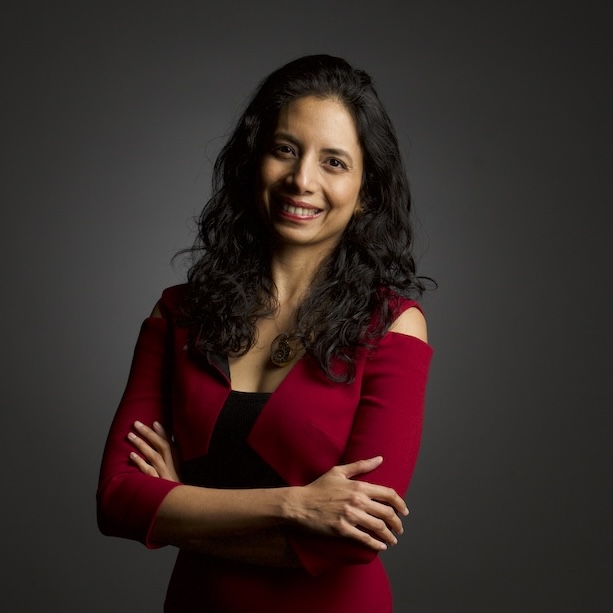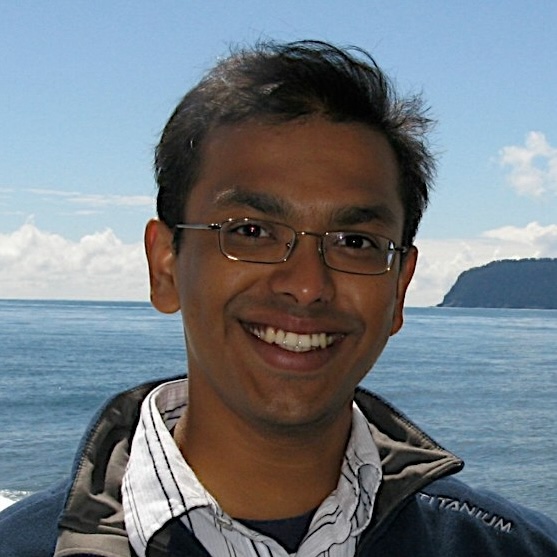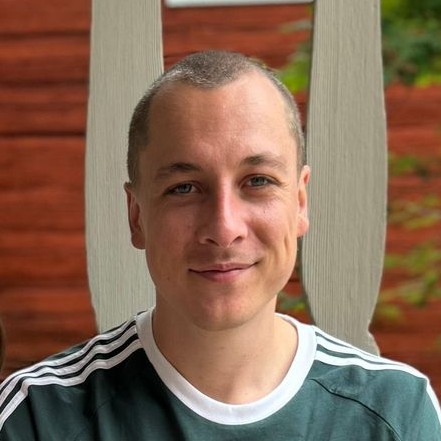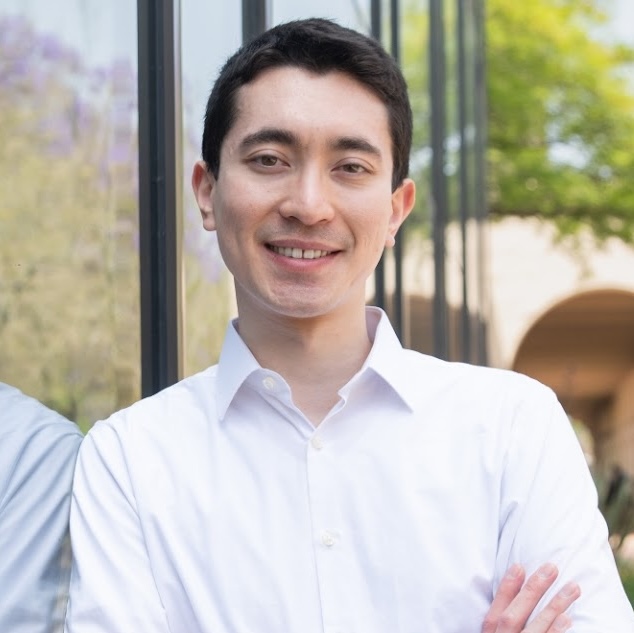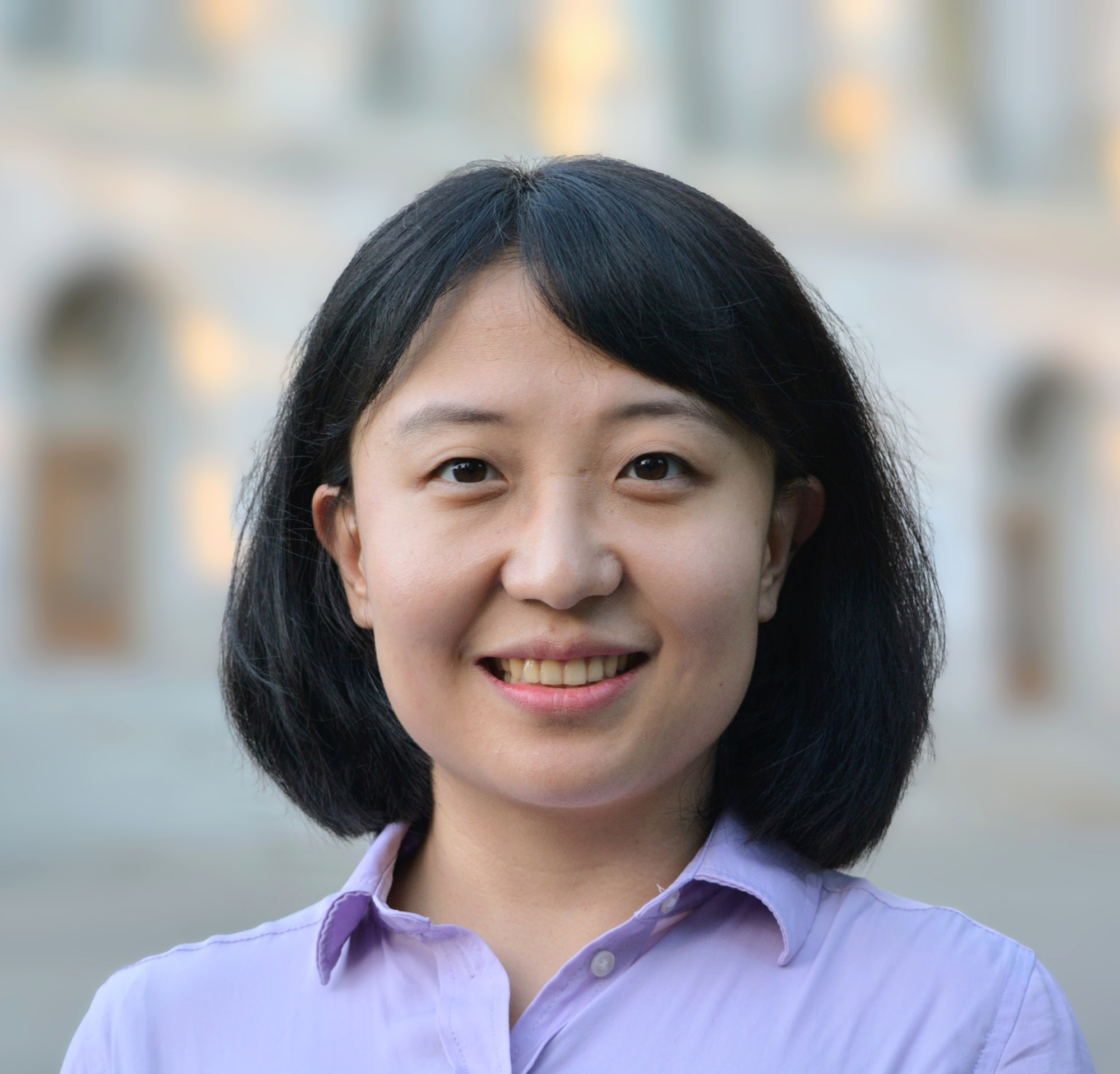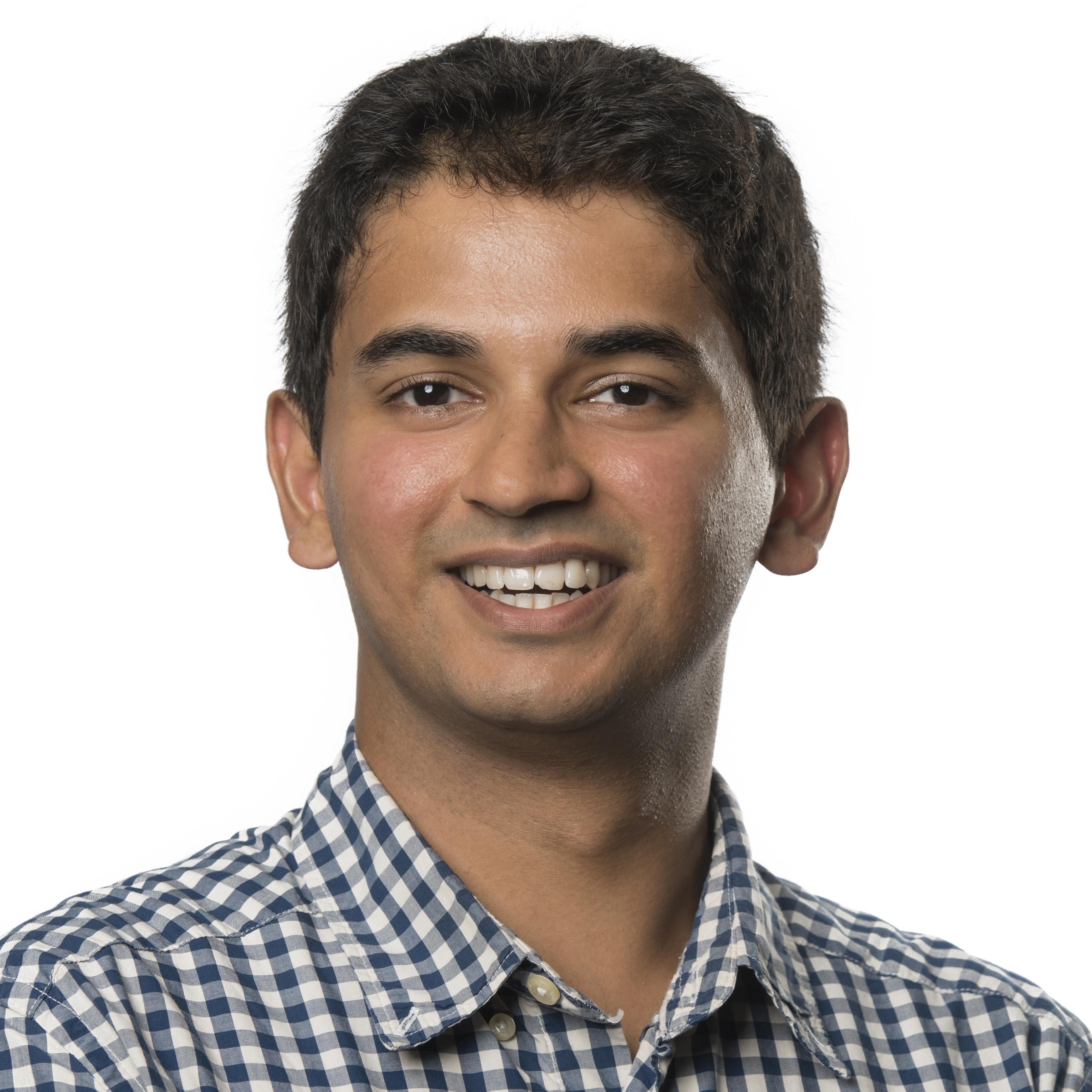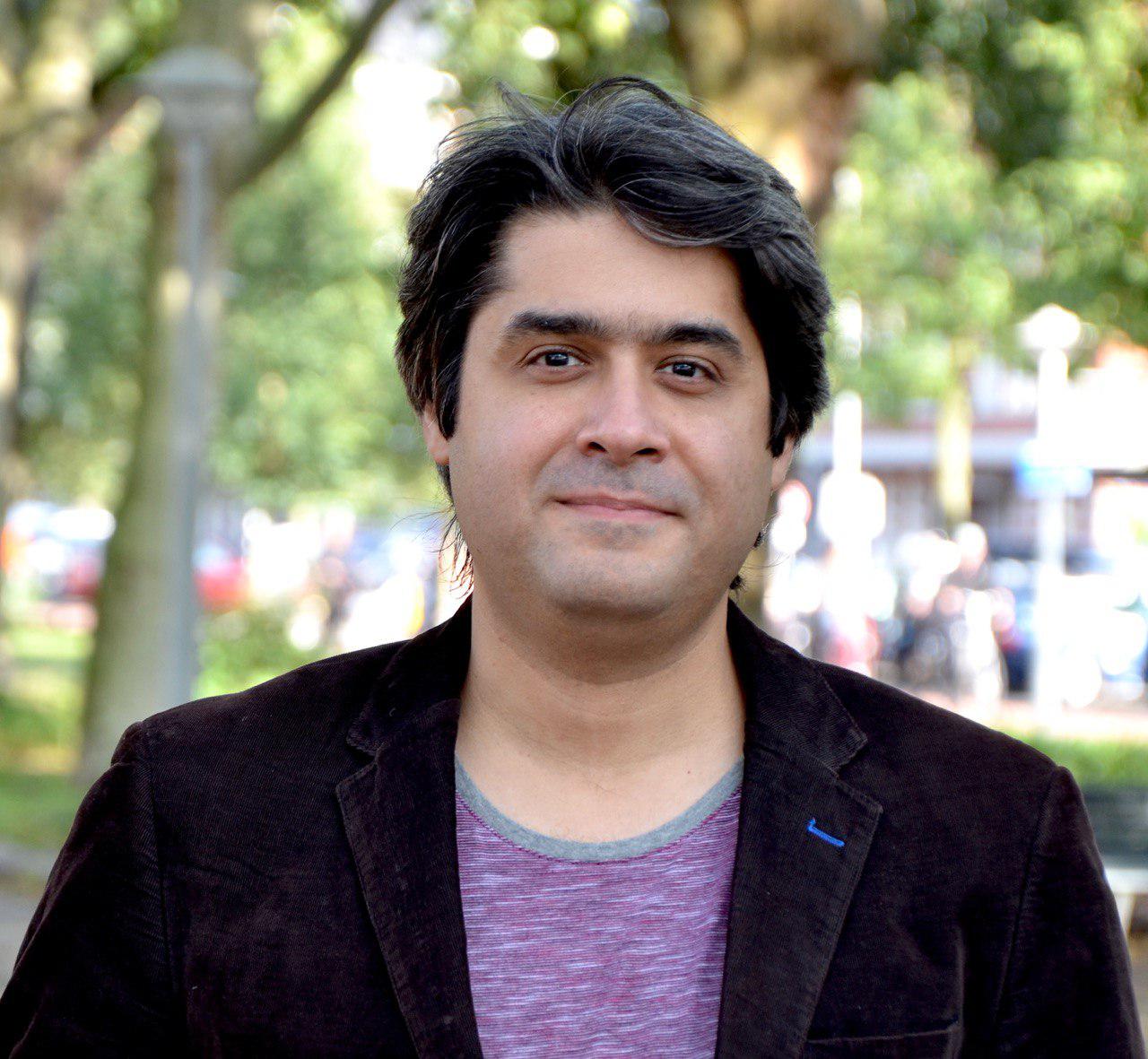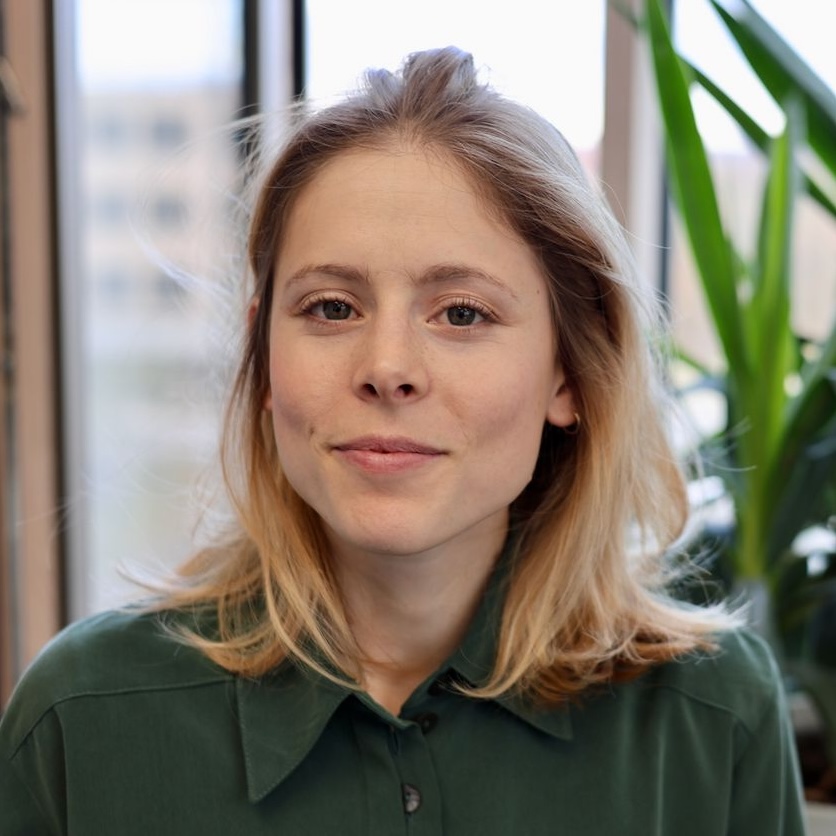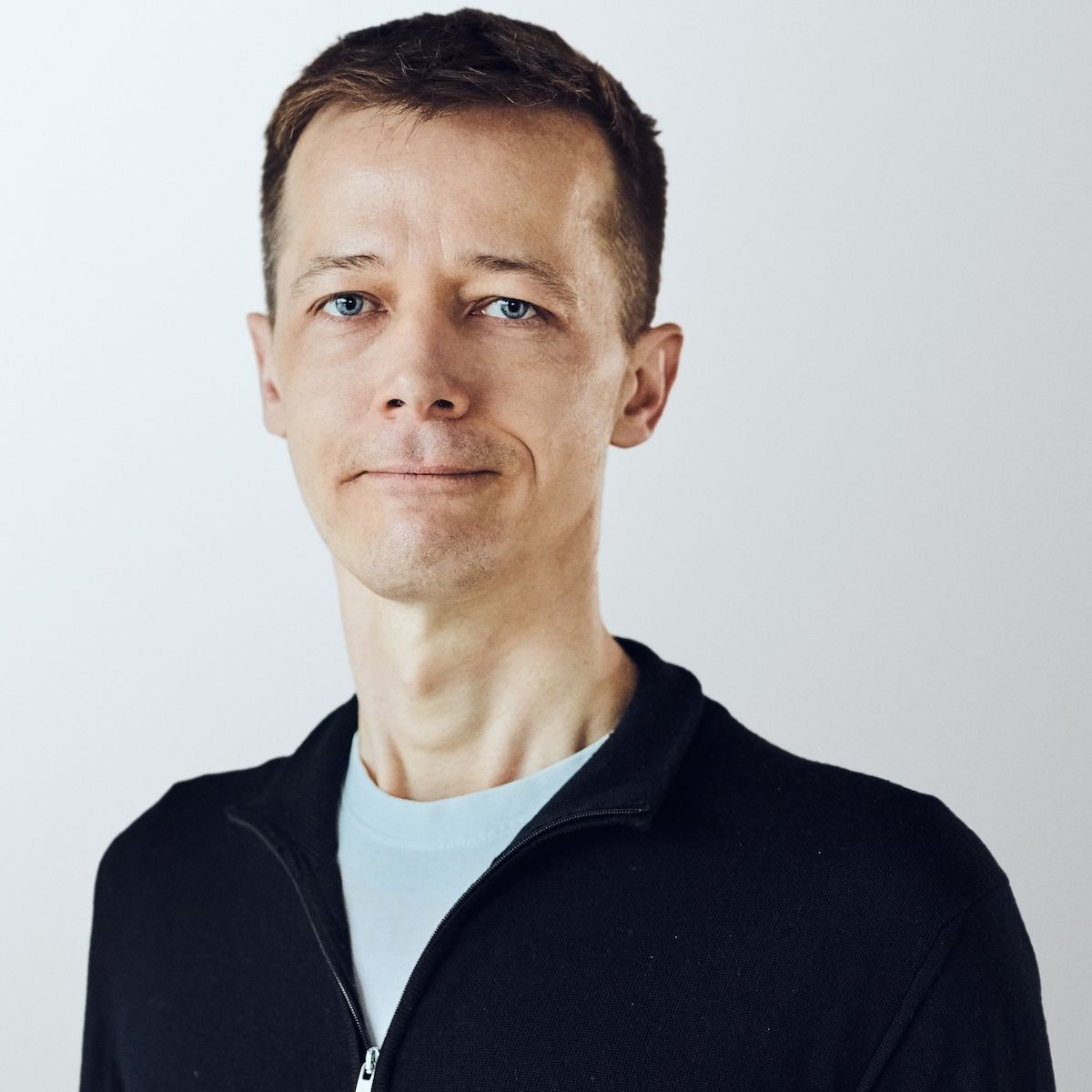D3S3: Data-driven and Differentiable Simulations, Surrogates, and Solvers
Workshop @ NeurIPS ‘24
15th December 2024, Meeting 116-117, Vancouver Convention Center
Recent advances in Machine Learning highlights promising solutions to aid simulation-based scientific discovery e.g., regulating nuclear fusion, synthesizing new molecules, designing chips. Since ML-based techniques are inherently learnable, they offer a promising solution to bridge the simulation-to-real gap and improve accuracy of simulations, and their differentiability addresses inverse problems by backpropagation through the simulation. Moreover, advances in novel architectures, optimization, and specialized hardwares might hold key to find better accuracy-speed trade-offs over conventional simulation softwares. Furthermore, probabilistic uncertainty quantification adds functionality for the estimation and control of epistemic, computational, and aleatoric uncertainty.
This workshop seeks to bring experts in Machine Learning working on relevant topics (like learnable surrogates, probabilistic simulation, operator-valued models) and connect them with practitioners and researchers in interdisciplinary topics from science (e.g., physics, climate, chemistry) and engineering (e.g., wireless, graphics, manufacturing). The workshop will provide a unique platform for ML and interdisciplinary researchers to expose challenges and opportunities of integrating ML methods and simulation techniques across these diverse domains.
We are seeking submissions in topics including, but not limited to:
- Differentiable simulators and neural surrogates in various domains (e.g., graphics, EM-wave propagation, physics, molecular systems)
- Probabilistic Inverse Problems (e.g., simulation-based inference, posterior and likelihood estimation)
- Probabilistic Simulation (e.g. probabilistic ODE and PDE solvers, uncertainty quantification in operators, especially for data assimilation)
- Techniques to speed-up simulation (e.g., neural surrogates, efficient blackbox optimization)
- Improving simulation accuracy (e.g., mitigating sim2real gap, learnable formulation)
- Hybrid simulation and rendering approaches (e.g., neural fields)
- Generative modelling for simulation (e.g., biomolecule structure synthesis, material generation, image generation for autonomous vehicles)
- Datasets, gyms, and simulation softwares
News and Updates
- 2024-Aug-17: Updated submission deadline: 30th August AoE
- 2024-Aug-08: We are looking for reviewers
- 2024-Aug-08: Submission details added to call for papers
Resources
- Accepted papers (PDFs): Available on OpenReview
- Livestream/recordings (available only for registered attendees): NeurIPS ‘24 workshop webpage
Confirmed Speakers
Organizers
Questions
Contact us at d3s3.organizers@gmail.com
